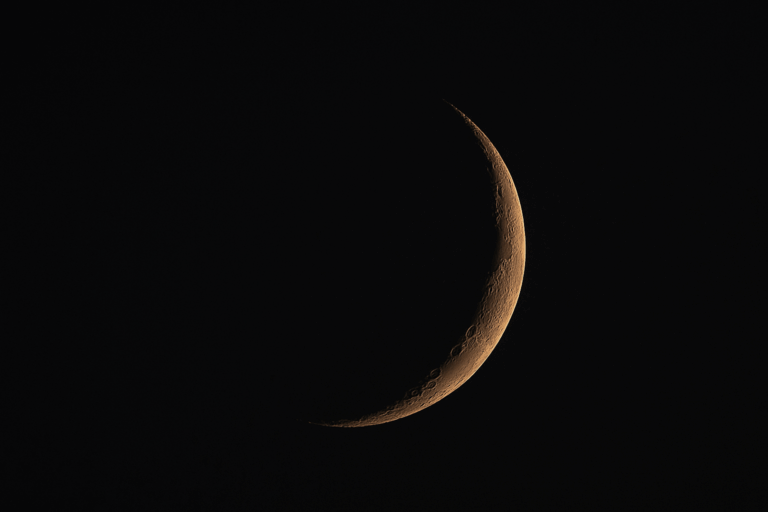When we hear the word “Muharram,” it often signals the beginning of a new Islamic year. But this month is far more than a calendar milestone. Muharram is one of the four sacred months declared by Allah in the Qur’an months chosen not by human tradition, but by divine command. It is a time marked by sanctity, reverence, and a unique opportunity to reset our spiritual compass.
Unlike the hustle that often accompanies worldly new year celebrations, the Islamic new year begins with quiet reflection. It invites the believer to pause and remember what truly matters, the state of the heart, the sincerity of our actions, and our relationship with our Creator.
As we step into the year 1447 Hijri, this sacred month calls us to begin with intention, not just resolution. It is a time to return to Allah with humility and hope, to avoid wrongdoing, and to embrace deeds that draw us closer to Him.
Allah says in Surah At-Tawbah:
“Indeed, the number of months with Allah is twelve [lunar] months in the register of Allah from the day He created the heavens and the earth. Of these, four are sacred…”
(Qur’an 9:36)
Among those four sacred months is Muharram. The Prophet ﷺ referred to it as “Shahrullah” or the Month of Allah. That is no ordinary title. No other month carries this honor in the hadith literature. It is a reminder that Muharram is not merely the start of a new Islamic year. It is a season of spiritual awareness and accountability. Allah further says:
“So do not wrong yourselves during them…”
This means that during sacred months, sins are graver, their weight is heavier, and likewise, good deeds are more rewarding. Muharram may quietly pass in the world around us, but the believer knows it holds immense spiritual value.
What Are the Four Sacred Months?
According to the Qur’an and Hadith, the four sacred months are:
- Muharram
- Rajab
- Dhul-Qa’dah
- Dhul-Hijjah
Though Ramadan is the holiest month for fasting and worship, it is not among the four sacred months. What is remarkable is how Allah has spaced these sacred months throughout the year, one at the beginning, two at the end, and one in the middle. These serve as spiritual checkpoints to pause, renew our intentions, and reconnect with our Creator.
The Significance of ʿĀshūrā’
The 10th of Muharram is known as the day of ʿĀshūrā’, a day rich in divine history. On this day, Allah saved Prophet Musa (alaihi as salaam) and Bani Israel from the tyranny of Pharaoh. It was a moment of rescue, justice, and divine support where truth triumphed over falsehood.
When the Prophet Muhammad ﷺ migrated to Madinah, he noticed that the Jewish community fasted on this day. Upon asking them, they explained that they fasted in gratitude for the day Allah saved Musa and his people. The Prophet ﷺ replied,
“We have more right to Musa than you.”
This was a beautiful affirmation that Muslims are the true spiritual heirs of all prophets. The Prophet ﷺ fasted on ʿĀshūrā’ and encouraged the Muslim community to do the same. Later, he recommended fasting either on the 9th or 11th as well to distinguish the practice.
“Fasting on the day of ʿĀshūrā’ expiates the sins of the previous year.” (Sahih Muslim)
One fast, done with sincerity, has the potential to wipe out a full year of sins. What an incredible gift from Allah. ʿĀshūrā’ is not just a historical memory. It is a living symbol of Allah’s help, His justice, and the power of patience.


